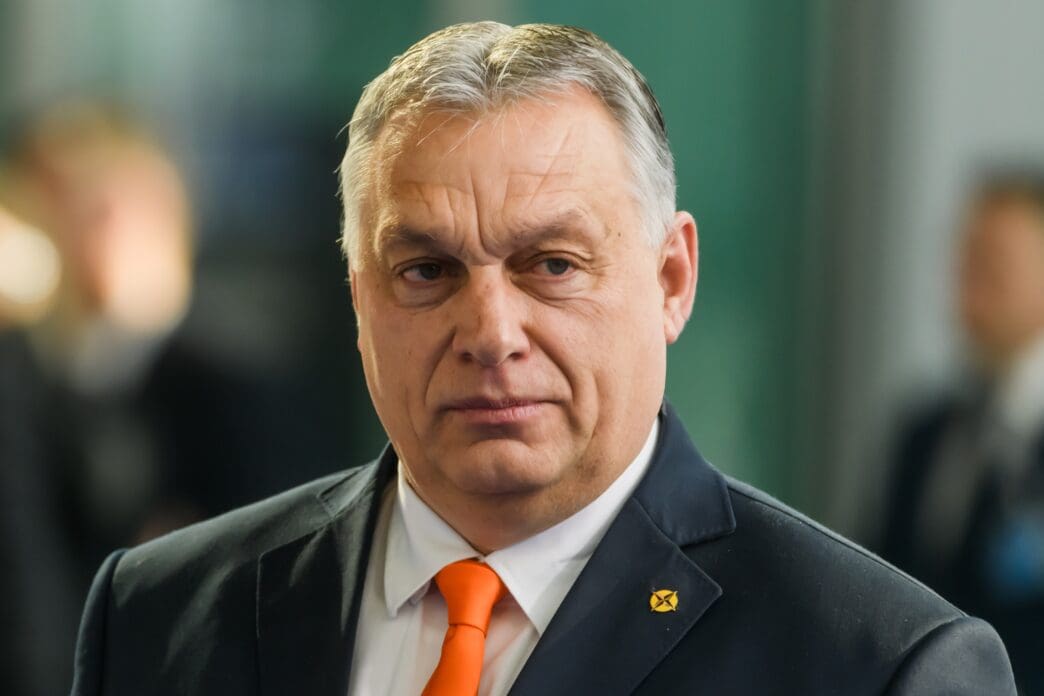Executive Summary
The Story So Far
Why This Matters
Who Thinks What?
President Donald Trump has granted Hungary a one-year exemption from Russian energy sanctions, a move confirmed by a White House official to CNN. The decision, following a meeting between Trump and Hungarian Prime Minister Viktor Orbán on Friday, aims to mitigate the economic impact on Hungary, which relies heavily on Russian energy imports.
The exemption softens the effect of recent US sanctions targeting Russian oil exports. Trump had previously criticized European Union countries for their continued purchases of Russian oil and gas, arguing that such transactions fuel Russia’s war effort in Ukraine.
During Orbán’s visit to the White House, Trump praised the Hungarian leader, acknowledging the “difficult” situation Hungary faces as a landlocked nation in weaning itself off Russian fossil fuels. Orbán had previously warned Trump that cutting Russia’s energy supplies would severely damage Hungary’s economy.
The carve-out for Hungary has raised questions among analysts regarding the Trump administration’s commitment to enforcing its sanctions on Russia’s oil exports. There are concerns that granting exceptions to allies could encourage other nations to seek ways to circumvent US sanctions, potentially undermining their effectiveness in pressuring Russia.
Hungary’s Reliance on Russian Energy
Hungary, along with Slovakia, remains one of the only EU countries that continues to receive oil directly from Russia via the Druzhba pipeline. Following Russia’s 2022 invasion of Ukraine, the EU granted an exemption to these countries, along with the Czech Republic, due to their significant reliance on Russian imports, allowing time to reduce dependence.
Despite this grace period, Hungary and Slovakia have reportedly deepened their reliance. Hungary’s dependence on Russian crude oil increased from 61% before the invasion to 86% in 2024, reaching 92% this year. Slovakia is reported to be “almost 100% dependent” on Russian crude oil, according to a report from the Center for the Study of Democracy (CSD) and the Centre for Research on Energy and Clean Air (CREA).
The report suggests that phasing out Russian oil is “fully feasible” for both Hungary and Slovakia, citing the Adria pipeline in Croatia as capable of meeting their combined needs. However, Orbán has disputed this, claiming the Croatian government would need to enlarge the pipeline to accommodate Hungary’s requirements.
While EU countries have reduced overall Russian gas imports, Hungary and Slovakia opposed a recent agreement by EU nations to ban all Russian gas imports from 2028.
Political Alignment and Diplomatic Implications
Orbán, a figure popular among conservative movements globally, has adopted talking points that resonate with Trump, characterizing Hungary as a “Christian” nation and a “special island of difference in a liberal ocean in Europe.” He also lauded Trump for improving US-Hungary relations, which he suggested were strained under the Biden administration due to sanctions imposed over democratic backsliding.
The Trump administration has since removed some of these sanctions. Orbán expressed hope for a “golden age” in US-Hungary relations and indicated that Trump’s team was discussing a potential summit between Trump and Russian President Vladimir Putin in Budapest, an idea previously floated and then shelved.
The Atlantic Council, in an analysis preceding the meeting, had advised the White House to recognize Orbán’s role as a “roadblock” to US demands from Europe despite their close relationship.
Outlook on Sanctions Policy
The one-year exemption granted to Hungary underscores a complex dynamic in US sanctions policy, balancing geopolitical pressure on Russia with the economic realities of key allies. The decision highlights the ongoing debate about the consistency and efficacy of international sanctions regimes, particularly when confronted with the energy security concerns of individual nations.








